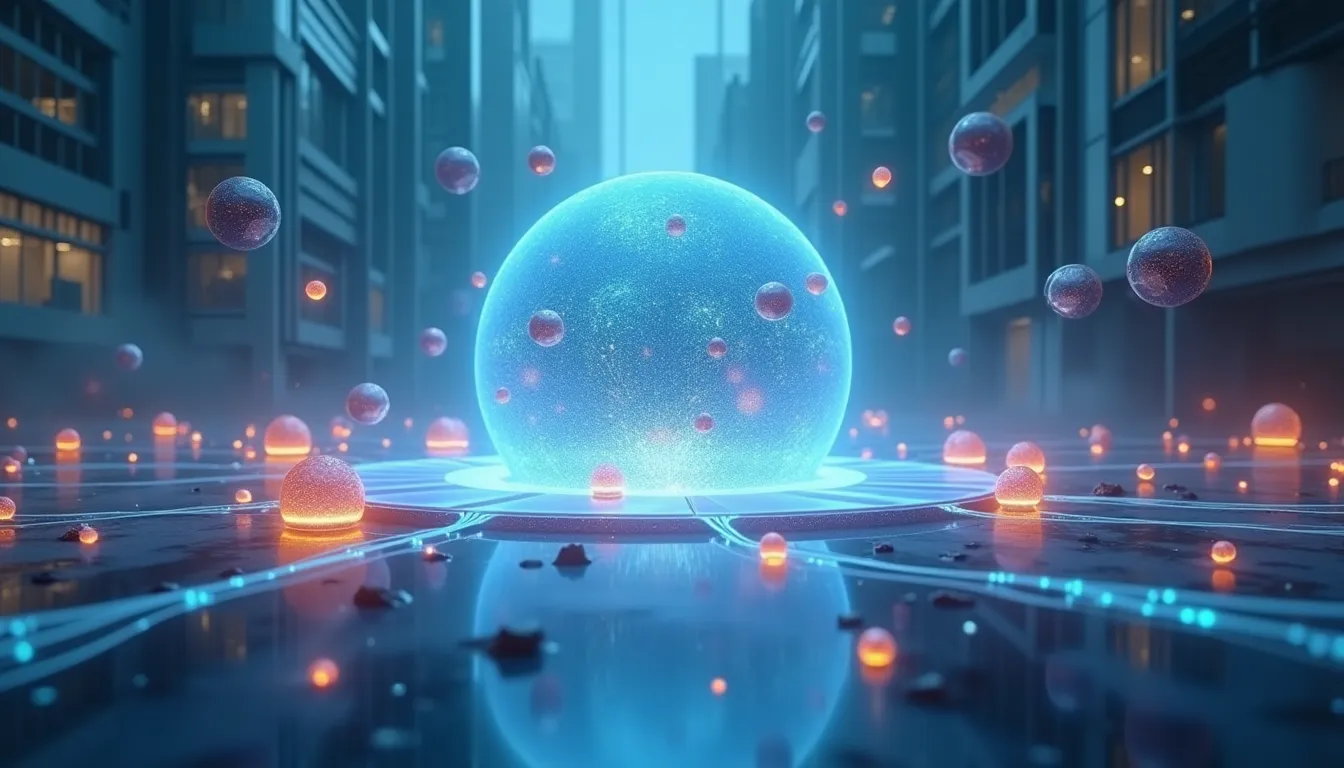Key Highlights
- Physicists at Florida State University discover a new quantum state where electrons can switch between crystal-like and liquid-like states
- This new state, called a generalized Wigner crystal, has the potential to unlock new paths in quantum computing, superconductivity, and ultra-efficient electronics
- The researchers used advanced computational tools to simulate the behavior of electrons in this new state and found a bizarre “pinball” phase where some electrons stay locked in place while others dart around freely
Introduction to Quantum States
The discovery of a new quantum state where electrons can exhibit both insulating and conducting behavior is a significant breakthrough in the field of physics. This move reflects broader industry trends towards exploring the properties of matter at the quantum level, which could lead to advances in quantum computing, superconductivity, and ultra-efficient electronics. The researchers at Florida State University, including Aman Kumar, Hitesh Changlani, and Cyprian Lewandowski, used advanced computational tools to simulate the behavior of electrons in this new state.
Unlocking the Secrets of Electron Behavior
To understand the behavior of electrons in this new state, the researchers used methods such as exact diagonalization, density matrix renormalization group, and Monte Carlo simulations. These simulations allowed them to mimic experimental findings and provide a theoretical understanding of the state of matter. The team found that the electrons in this state can arrange themselves in a solid lattice, yet can also shift into a more fluid form. This hybrid phase is called a generalized Wigner crystal, and it has the potential to unlock new paths in quantum computing, superconductivity, and ultra-efficient electronics.
The “Pinball” Phase and Its Implications
The researchers also discovered a bizarre “pinball” phase where some electrons stay locked in place while others dart around freely. This phase is a very exciting phase of matter that has never been observed before, and it has the potential to lead to new advances in quantum technologies. The team’s findings appear in npj Quantum Materials, a Nature publication, and provide a new understanding of how electrons interact and behave in different states of matter.
Conclusion and Future Directions
The discovery of this new quantum state and the “pinball” phase is a significant breakthrough in the field of physics. It reflects the broader industry trend towards exploring the properties of matter at the quantum level, which could lead to advances in quantum computing, superconductivity, and ultra-efficient electronics. The researchers at Florida State University are continuing to explore the behavior of electrons in this new state, and their findings have the potential to unlock new paths in quantum technologies.
Source: Official Link
